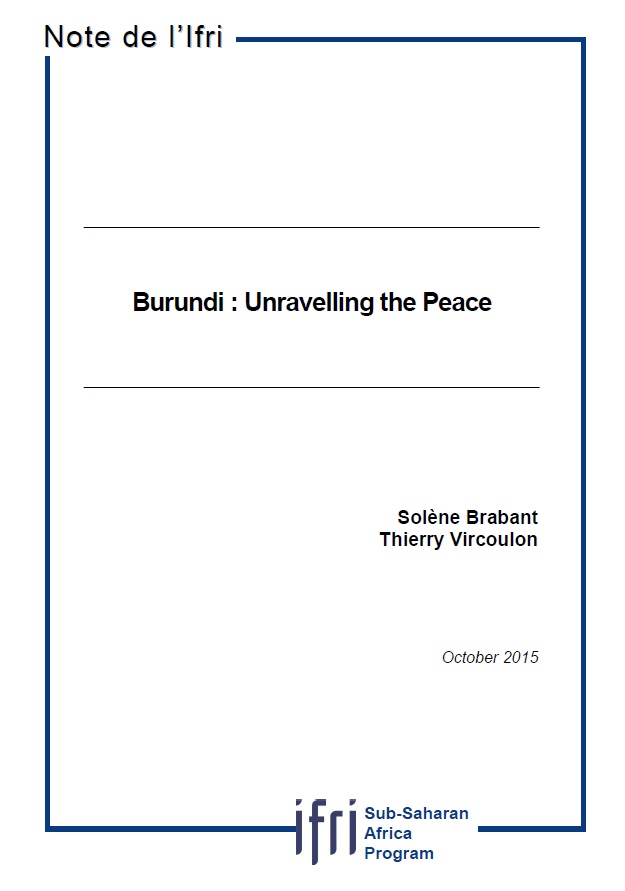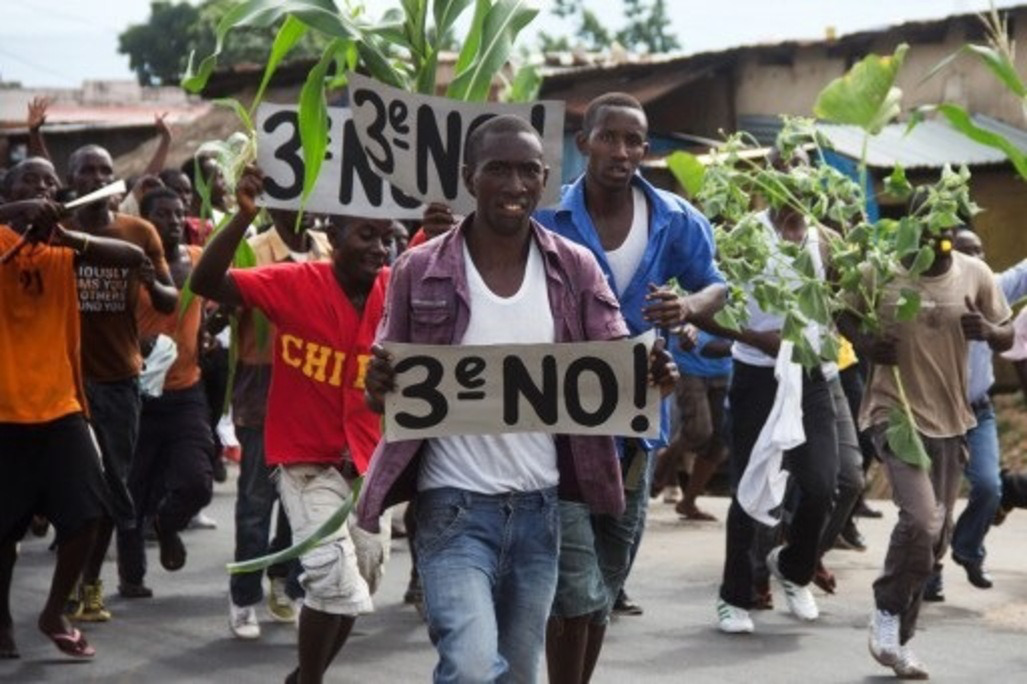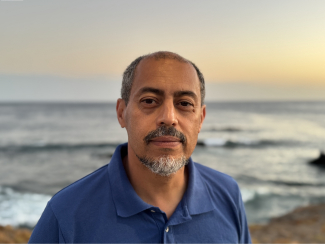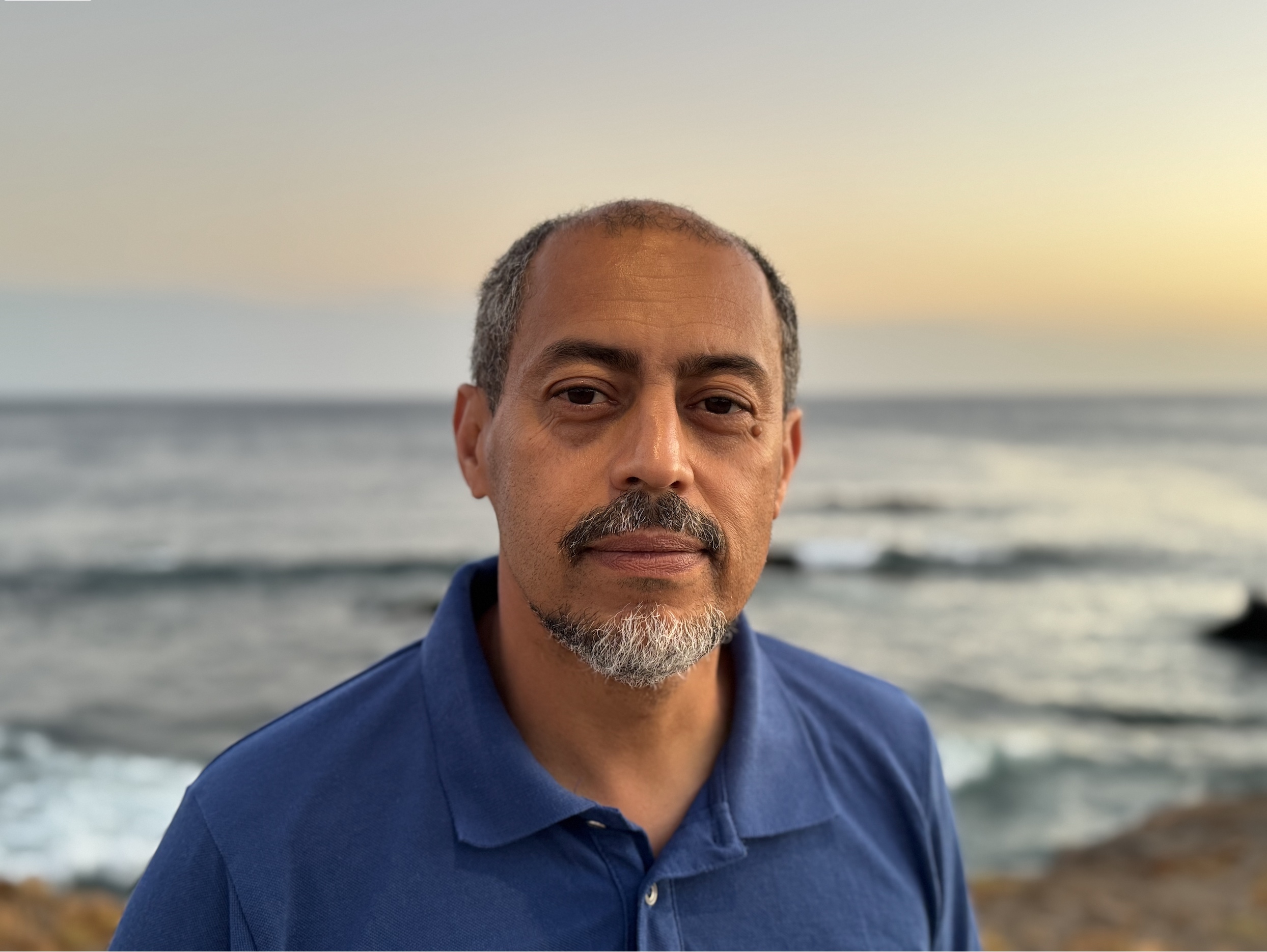Burundi: Unravelling the Peace

Since achieving independence in 1962, Burundi has experienced several episodes of civil war, the last of which came to end when the Arusha Accord was signed in 2000. The gradual return to peace in the wake of the Arusha Accord has been jeopardised by Pierre Nkurunziza’s announcement on 25th April 2015 that he would stand as a candidate for the presidency.

While more than 190,000 Burundians took refuge in neighbouring countries, the parliamentary, municipal, presidential and hill elections took place between June and August this year, despite repeated calls for postponement and threats of sanctions on the part of the international community. From a distance, Burundi’s current crisis looks like one of Africa’s usual electoral quarrels: an opposition standing up to a President’s intention to remain in power in the teeth of constitutional legality and political decency. But a closer perspective demonstrates that the crisis in Burundi is much more than that. The electoral crisis provoked by the President’s desire to serve a third term means that Burundi has returned to violence, and this stems from the desire to deconstruct the Arusha Accord. More generally, in the current pre-guerilla atmosphere the crisis is testing the durability of the peace accord, which set up power sharing as a system of conflict resolution, as well as testing the legitimacy and risks associated with this challenge.
Download the full analysis
This page contains only a summary of our work. If you would like to have access to all the information from our research on the subject, you can download the full version in PDF format.
Burundi: Unravelling the Peace






